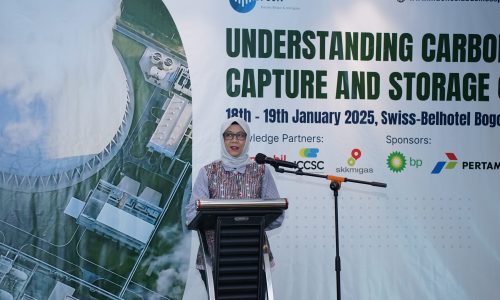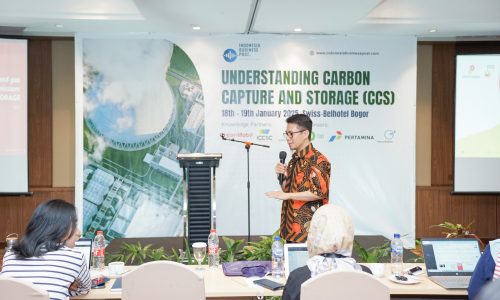President-elect Prabowo Subianto intends to establish the State Revenue Authority in 2025, as outlined in the initial draft of the 2025 Government Work Plan (RKP) prepared by the National Development Planning Agency (Bappenas).
This plan has elicited responses from the Ministry of Finance. Febrio Kacaribu, Head of the Fiscal Policy Agency at the Ministry of Finance, said that they are still observing the government transition process.
“We will follow the process of forming the State Revenue Authority,” Febrio said in Jakarta on Thursday, April 24, 2024.
Similarly, Vice Chairman of Commission XI of the House of Representatives (DPR) Amir Uskara commented on the establishment of the State Revenue Authority in Prabowo’s future administration.
Amir, however, reminded both the current and future governments to be cautious in setting up new programs, considering the uncertain national and global economic conditions.
“The government must be careful in establishing programs that will serve as the basis for boosting our current economy, given the current uncertain conditions,” he said.
Febrio also commented on the ongoing drafting of the 2025 State Budget (APBN). He emphasized that the policy cycle in drafting the APBN is based on the Macro-Economic and Fiscal Policy Framework (KEM-PPKF).
“We will follow the process. The process cycle is clear, starting from drafting the APBN to drafting the KEM-PPKF. Then there will be the RKP, followed by discussions in the DPR. So, we will follow the process,” he said.
The KEM-PPKF is an official state document containing a detailed review of the economic and fiscal policy direction. It outlines the global and domestic economic developments in recent years, economic forecasts, and prospects for the future, especially for the upcoming year.
This overview will serve as the basis for macroeconomic assumptions in formulating fiscal policy directions. Meanwhile, the PPKF conveys the medium-term and annual fiscal policy directions and strategies to be pursued by the government.
Through the KEM-PPKF, the government is expected to respond to economic dynamics, address challenges, analyze strategic issues, and support development objectives. The KEM-PPKF is compiled annually to guide budgeting for the following year.









